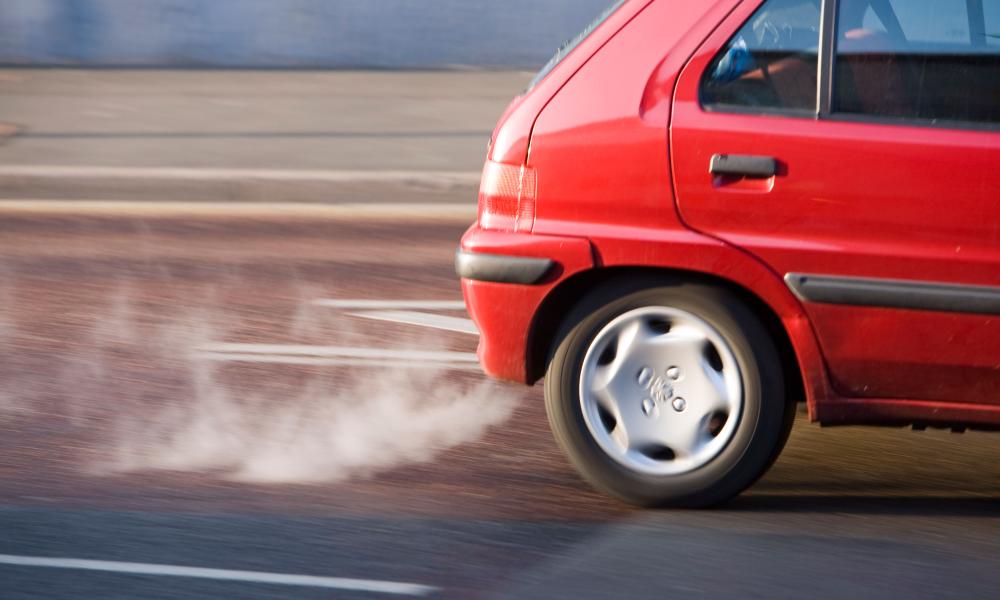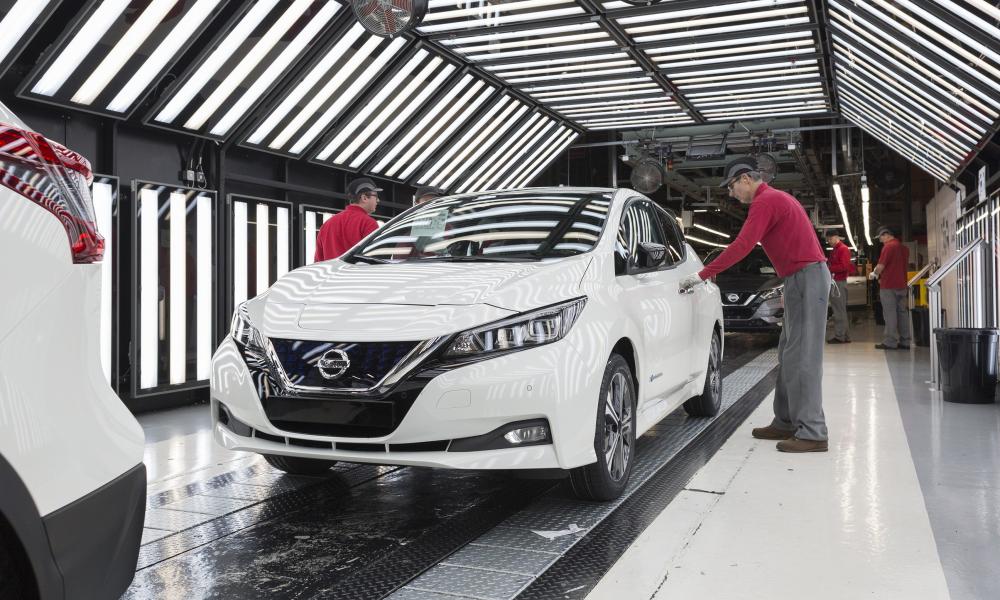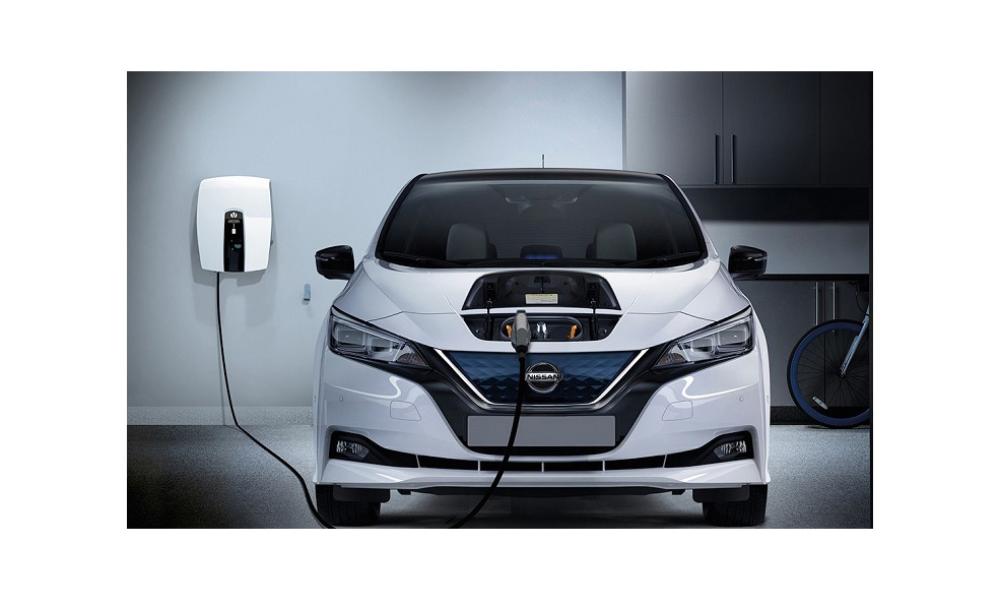
Too long to wait
Too long to wait
Last year, the UK Government committed to end the sale of petrol and diesel cars and vans by 2040. WWF welcomes the clear and bold signal of phasing out fossil fuelled transport, but 20+ years is too long to wait.
Exhaust fumes are a major contributor to the 40,000 premature deaths each year in the UK linked to air pollution. Transport is also the UK’s largest source of carbon emissions, and climate change is the biggest future threat to people and nature around the world. If we don’t up our action on climate change, we could lose almost 50% of species from the world’s most precious places by the end of this century.
WWF asked Vivid Economics: If the UK ends petrol and diesel vehicle sales ten years earlier, in 2030, what would the effect be on the economy, the environment and the energy system?
In March 2018, Vivid Economics published part 1 of their report Accelerating the EV Transition, focused on the economy and the environment. The research shows how a 2030 phase-out could help the UK meet legal air pollution limits, support the Paris Agreement on climate change, and secure a bright future for the UK auto industry.
Part 2 of the research, produced in partnership with Imperial College, came out in June 2018. It examines how much energy will be needed for a faster transition to electric vehicles, and the benefits that will come from smart charging, vehicle-to-grid and reusing EV batteries for energy storage.

Key findings from part 1: economy & environment
Key findings from part 1: economy & environment
By ending the sale of petrol and diesel vehicles in 2030 instead of 2040, the UK could...
- Cover over half of the emissions gap to meeting the Fifth Carbon Budget
- Cut air pollution by around 30% in 2030
- Sell 3 million EVs per year by 2030, accounting for nearly half of EV demand across Europe
- Make up to 1 million EVs per year by 2030 here in the UK
- Employ over 100,000 people in EV manufacturing by 2030
- Grow the overall auto industry by up to 14,000 by 2030

Key findings from part 2: the energy system
Key findings from part 2: the energy system
- The GB energy system can comfortably cope with a 2030 end date for sales of petrol/diesel cars and vans, with no coal or biomass, no additional nuclear, and a third less baseload gas than today.
- A 2030 phase-out with smart charging and vehicle to grid will be £0.4bn cheaper for the electricity system than a 2040 phase out with no smart charging.
- Under a 2030 phase-out, smart charging (shifting EV charging away from peak times) will have a value to the electricity system of £1.7bn in 2030.
- Under a 2030 phase-out, vehicle to grid (injecting power from EV batteries at peak times) will have a value to the electricity system of £200m in 2030.
- Under a 2030 phase-out, the cost of charging an electric car could be under £100 a year by 2030, thanks to smart charging and vehicle to grid, compared to an annual petrol/diesel bill of around £800.
- Under a 2030 phase-out, electric vehicles could provide a further £1.3bn to the electricity system by 2050 from reusing EV batteries for energy storage, although this depends on further R&D in battery technology.
 Why the Paris agreement matters
Why the Paris agreement matters
 Our fight against climate change and global warming
Our fight against climate change and global warming